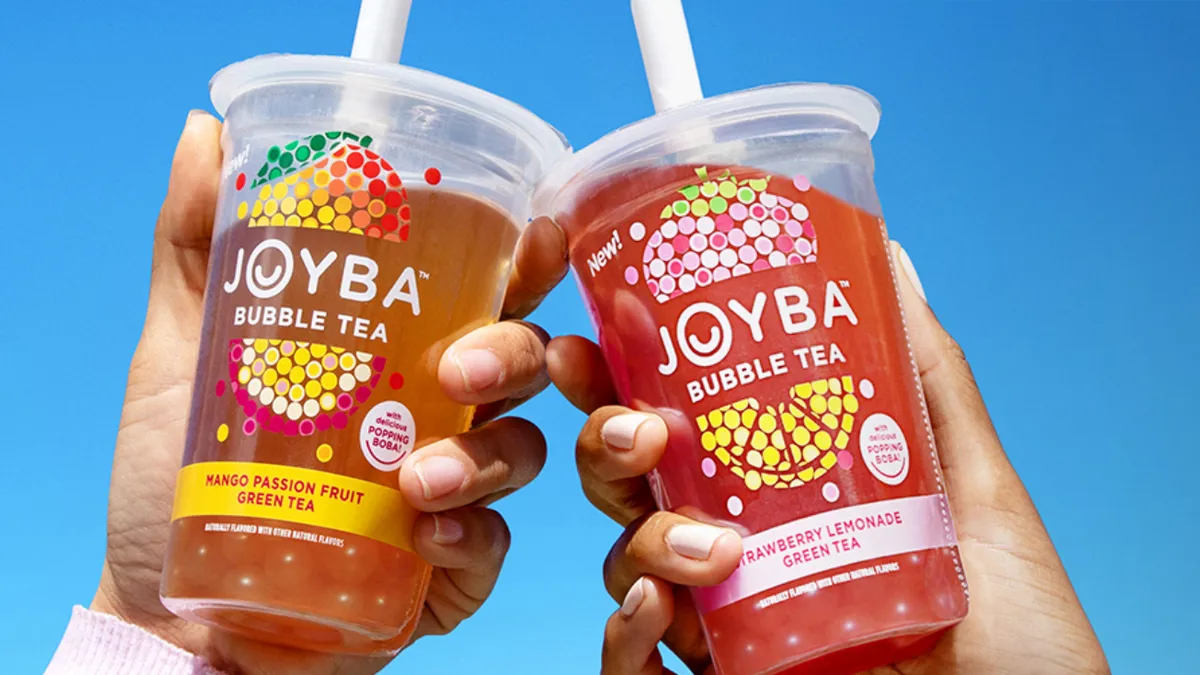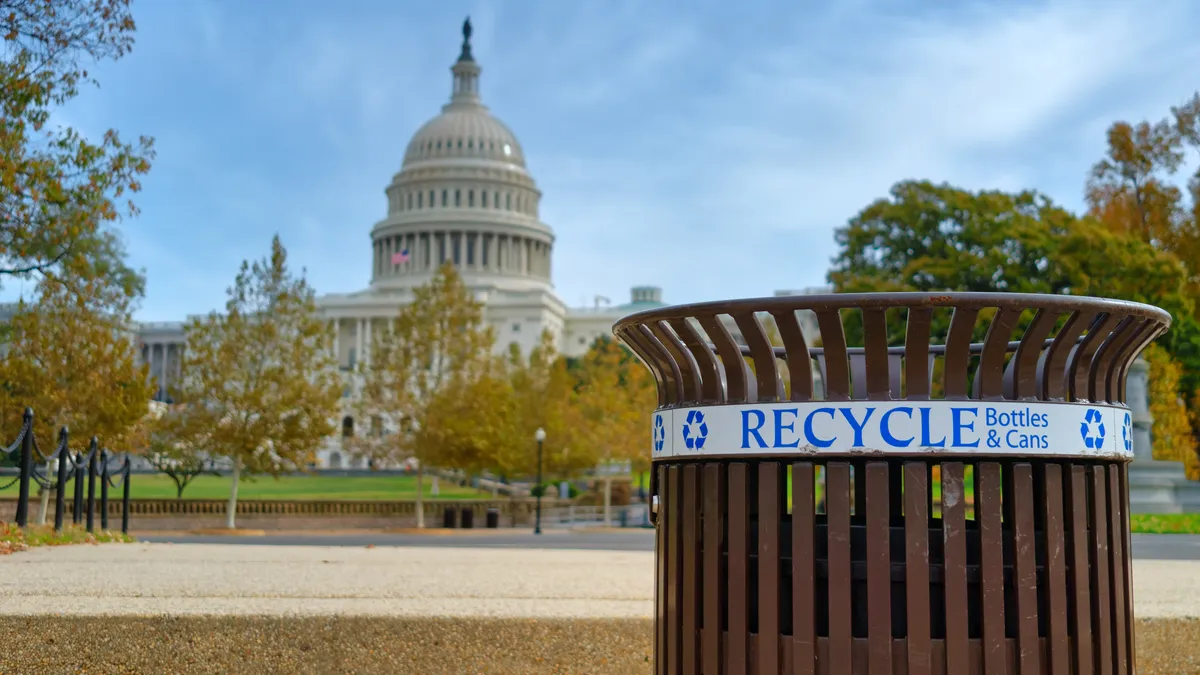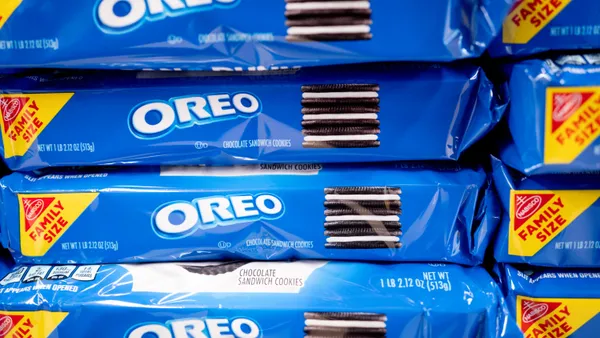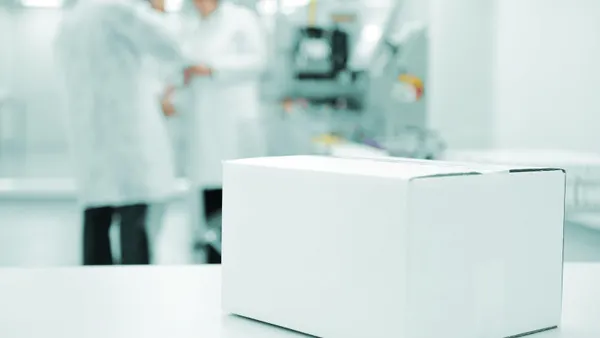Del Monte Foods began incorporating postconsumer recycled material into more plastic packaging last year, bringing it closer to reaching its recycled content target, according to the CPG company’s newly released 2023 ESG report. However, the report declined to update progress on other key sustainability targets.
The 2023 ESG report notes that 7% of Del Monte’s packaging, by weight, is plastic, and the rest is paper, glass or steel. It calls canned and jarred foods “sustainable from the start” and throughout the packaging’s life cycle, as the steel and glass can be recycled after product use. “When steel is recycled, it conserves energy and natural resources and makes the process more financially sustainable,” the report said.
In fiscal year 2023, Del Monte began using PCR in the beverage cups for its Joyba bubble tea, a product introduced in 2021. The company aims to include 25% PCR in its plastic packaging by 2025, but it did not disclose in the new report its progress toward that goal. It noted that it began storage studies on fruit cup containers made with PCR as well as continued to search for other opportunities to incorporate recycled content into packaging.
The company also did not disclose its 2023 progress on reaching other packaging goals, such as making 100% of plastic packaging recyclable, reusable or compostable by 2030 and adding How2Recycle icons to all packaging by 2025. Its 2022 ESG report showed it was 34.3% of the way toward reaching a 2026 goal to double the amount of recycled content in its most highly consumed secondary packaging, compared with 2020, but it didn’t offer new data in the 2023 report.
The company also has been testing opportunities for packaging lightweighting and elimination. It’s working to develop lighter metal containers, which “typically takes several years to complete, as it’s critical to prove that any changes made to the container won’t be detrimental to the food or the quality of the container,” the report said. In FY 2023 Del Monte also reworked its fruit cup multipacks to remove the paper sleeves, which it said reduces material as well as emissions by needing less storage space and transportation.
Overall, Del Monte reports having eliminated 6 million square feet of carton packaging, 13.7 million square feet of paperboard sleeves and 12,000 pallets.
The company completed a full supply chain carbon emissions assessment. Del Monte reports that packaging accounts for 29% of its scope 3 emissions, including from manufacturing the fiber, metal and plastic used to make the packaging. In FY 2023, the company reduced its scope 3 emissions by 5.6% compared with a FY 2021 baseline. It reduced scope 1 emissions 19% and scope 2 emissions 2.5% from the same baseline.
In FY 2023, Del Monte developed new 2030 carbon reduction targets and submitted them to the Science Based Targets initiative, which the company expects SBTi will validate this year.
Correction: A previous version of this article contained information about a company not affiliated with Del Monte Foods. We have removed that information.















